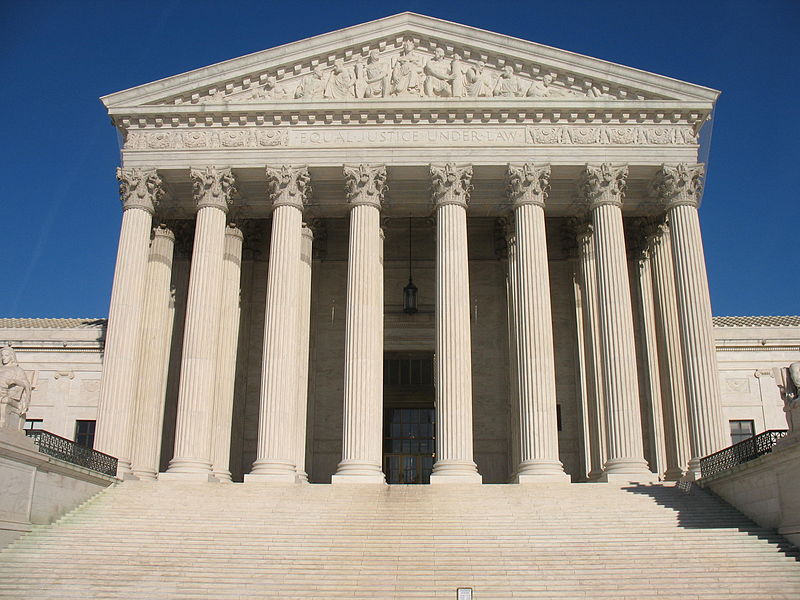The death of Associate Justice Ruth Bader Ginsburg is significant in more ways than one. Ginsburg, who was a pioneering champion for women’s rights, famously known for saying that there would be enough women on the nine-seat Supreme Court ‘when there are nine’, was extremely popular with many Americans.
However, her liberal, feminist nature will seemingly be juxtaposed by the appointment of Judge Amy Coney Barrett. Although Trump said on September 21st that he was considering five candidates, he really only met one– miss Barrett, who he called a woman of ‘unparalleled achievement, towering in intellect’. Miss Barrett has some big shoes to fill; she said herself that Ginsburg not only broke glass ceilings, but that she ‘smashed them’. The appointment of Ginsburg will shift the bench considerably to the right, giving conservatives six of the nine seats.
What will prove controversial and difficult for miss Barrett is her devout Catholicism. Barrett has ties to People of Praise, a dubious organisation, labelled a ‘far-right cult’ by some, which teaches, for example, that husbands have authority over their wives. This is, understandably, a cause for concern for several democratic senators, who worry that her religion will not mix well with the law. Reassuringly though, prior to Barrett’s appointment, she said that Catholics and other religious lawyers must not align the legal system with the Church’s ‘moral system’, but went on to say that in their private lives they must conform to the Church’s teachings.
Abortion rights have been a central issue in American politics, for both democrats and republicans, for decades. The court has already seen a chipping away of abortion rights in recent years, with late-term abortion being banned and several clinics closed. Miss Barret’s stance is that abortion, in her own words, is ‘always immoral’; but in 2017, repeatedly said that as a circuit-court judge she would uphold all Supreme Court precedent, including Roe v. Wade 1973, which makes abortion a constitutional right. But appointment to the Supreme Court will give her more power, and the Supreme Court may soon have a majority to erase Roe from the constitution and push abortion rights back to individual states.
Barrett’s commitment to ‘pro-life’, however, stops at abortion. Barrett is in favour of the Second Amendment, which gives American citizens the right to keep and bear arms. Barrett’s appointment may put the progress (background checks and red flag states) that has been made at risk. In 2019, Barrett wrote that Americans had a ‘natural right of self-defence’ and opposed the rule that allowed states to ban convicted felons from owning guns, a law that would undoubtedly make America a safer place. Over 145,000 Americans have been killed by guns during Trump’s time in office, and
Barrett’s opposition of gun safety laws will mean that even more Americans could die – making one wonder how ‘pro-life’ she is? In terms of immigration, Barrett’s views align with Donald Trump’s Miss Barrett was in favour of the president’s hard-line policy in Illinois that denied the legal permanent residency to certain immigrants who were deemed likely to require government assistance in the future.
The Supreme Court is becoming increasingly conservative and it is certainly no coincidence. Trump’s move to appoint Barrett before the election on November 3rd is strategic; this will significantly alter the ideological makeup of the court. Judge Barrett is the stark opposite to the feminist icon that is Ginsburg, showing just another example of why the election in seven weeks’ time will be one of the most important yet.
Kerry Pearson
Image: Wikimedia Commons

